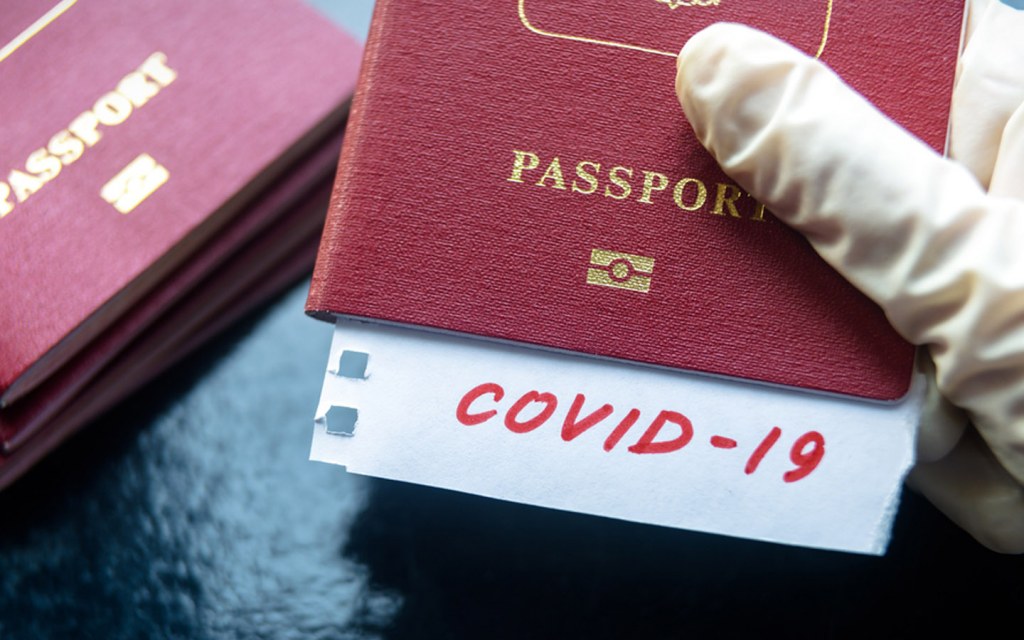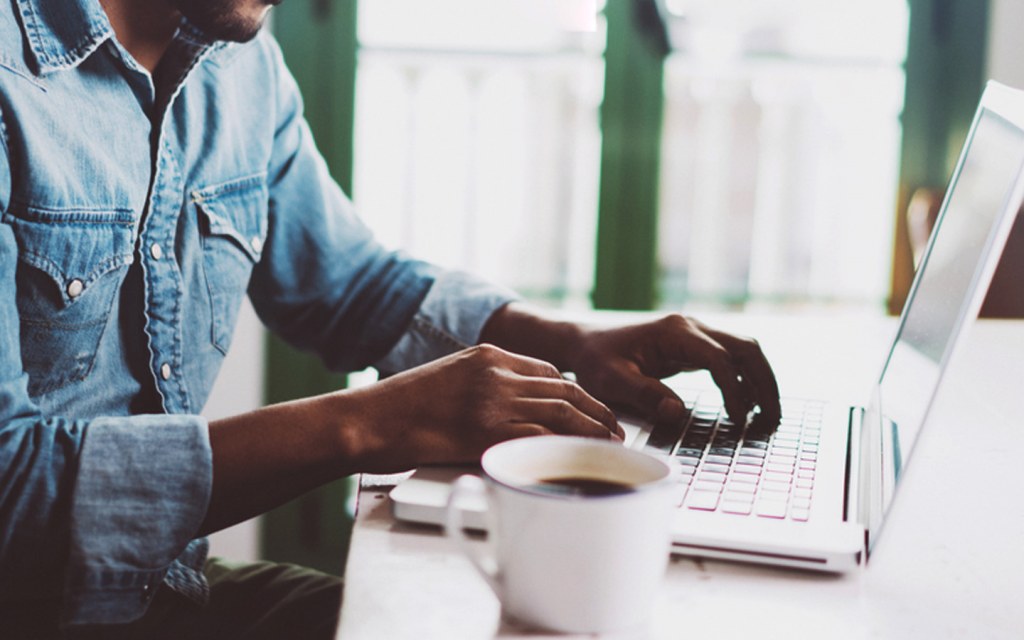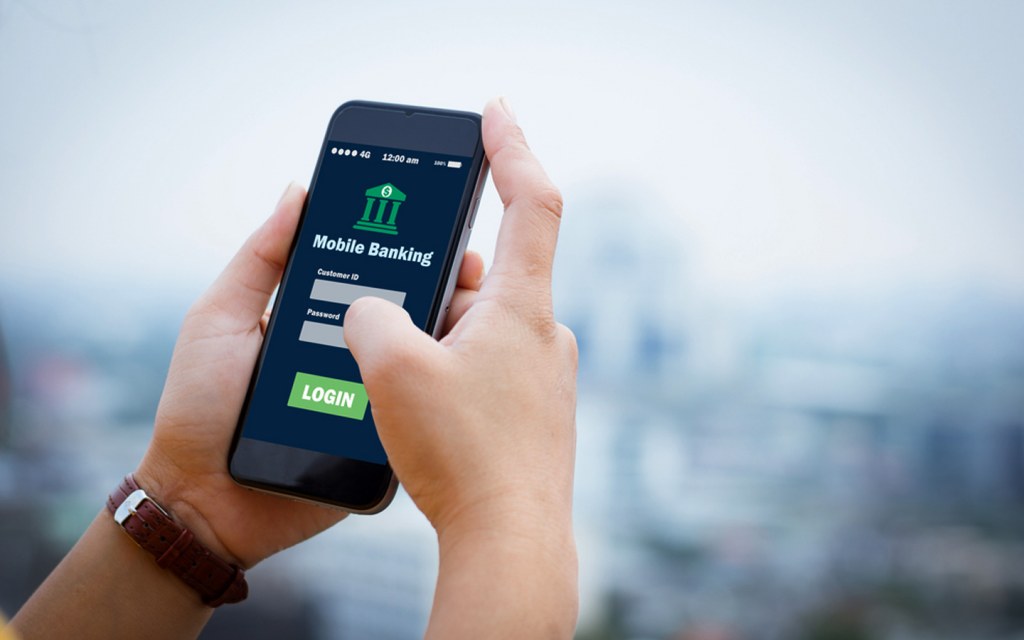In This Post:
– Best Social Distancing Practices
– What is Social Distancing
Limiting social interaction by staying at home, if possible, has become imperative as the coronavirus threat looms large, especially for the developing world. The government of Pakistan is taking measures to control the spread of coronavirus but a lot depends on each person’s commitment to slow the spread of the potentially fatal illness.
How responsibly you act in these troubled times will help determine the fates of many. To avoid a complete lockdown, government authorities in Sindh have urged the public to practice social distancing before it is too late. What is meant by the term? How to practise social distancing? How effective will it be? We will address all of these questions in this blog, so continue reading the piece.
Let’s now take a closer look at how to practise social distancing the right way.
How to Practise Social Distancing

Everyone should show commitment to social distancing to slow down the spread of coronavirus. If people stop attending mass gatherings, don’t go out unnecessarily, the chances of transmitting the coronavirus to other people become less. Below are some of the practices you can adopt and reap the benefits of social distancing during coronavirus.
- Maintain a distance of at least 6 feet from other people
- Don’t attend large gatherings
- Limit going out unnecessarily
- Use skype calls instead of face-to-face meetups
- Ask your employer for work-from-home facility
- Order online instead of visiting stores
- Don’t attend or throw a party
- Go for cashless transaction to avoid visiting banks
Before we discuss each of these points, let us understand what is social distancing.
What is Social Distancing?
Maintaining a social distance does not mean you have to cut off your social ties. Neither does it mean that you deny yourself fresh air. You just have to be vigilant about your surroundings and maintain a 6ft. distance from people in general – whether attending a meeting, greeting people on the way to work or while shopping for groceries. This is for your own protection as well as helping others stay safe in case you are the carrier of the coronavirus. To further understand, let’s discuss how we can practice social distancing to the best of our ability.
Maintain a distance of at least 6 feet from other people

The Centre for Disease Control and Prevention (CDC) has recommended maintaining a distance of at least 6 feet from other people. Experts refer to this action as ‘flattening the curve,’ which means to slow the spread of coronavirus, lessen the burden on healthcare workers and not to overcrowd hospitals.
This particularly means no handshakes, no touching or hugging each other – especially at the workplace. A friendly wave can do. Refrain from sitting too close during staff meetings or when having your lunch in the cafeteria. When you come home, wash your hands thoroughly with soap and water for 20 seconds as a precautionary measure against coronavirus.
Don’t attend large gatherings

One of the best social-distancing practices is to refrain from attending parties and other social gatherings. You can, however, talk to your relatives over skype, or make a video call on Whatsapp. Talk to them over the phone. Experts say you can go out for jogging and exercising early in the morning to keep yourself healthy.
However, avoid going to crowded spaces like gyms where people come from different parts of the city. If your extended family is having a get-together, discourage them from organizing it. Practise social distancing to help stop coronavirus. Ask your family and friends to stay connected over the phone. That is the best way to deal with a crisis.
Restrict Travel and Limit going out unnecessarily

This is not the right time to travel to other countries. Even intercity traveling is not recommended during the coronavirus outbreak.
Limit going out unnecessarily. This means having a small picnic can do more harm than good. Taking your kids out in the park when it is crowded is going to put them at risk. If you have to go to work and there is no escaping it, then stay away from crowded spaces.
Avoid taking lifts and don’t eat in the cafeteria. Better bring your own food from home to avoid transmitting the coronavirus through food delivery. You can almost get everything done online. From entertainment, talking to your friends, ordering food, banking transactions – almost all of these activities can easily be done while staying at home.
You just have to be smart enough to make the most of an unwanted situation and suit your needs while taking care of the necessary precautions against coronavirus recommended by the World Health Organisation (WHO).
Ask your employer for work-from-home facility

If the nature of your work allows you to work-from-home, then without waiting for the situation to worsen, ask your respective employer to give you the work-from-home facility.
Although working from home is not easy and it requires a good set of multitasking skills to help you through your work day – at least you stay protected and safe from the risk of coronavirus transmission.
Order online instead of visiting stores
Don’t push your shopping cart through the crowd of panic-buying shoppers. Make a list of the essential items you need and shop online. That is a safer way to shop for goods and groceries.
Why go out there and put yourself at risk when you can easily practice social distancing. If you are taking this lightly, then don’t. Act as a responsible citizen and limit socializing in these pressing times. One step back can save so many lives. Think along those lines.
Don’t attend or throw a party
Just because you are shut in your house, doesn’t mean it is a good time to invite family and friends over. The best social distancing practice is to talk to your loved ones over Skype or through any online software.
Don’t travel, visit their houses – even if they are in the same neighbourhood. The closure of schools, malls, restaurants and public places means that you should limit socializing with people. However, this doesn’t mean that you can’t keep in touch with them. That you can very well do over the phone.
Go for cashless transaction to avoid visiting bank

The State Bank of Pakistan (SBP) has issued directives to banks to promote cashless transactions. Currency notes can also carry the coronavirus and can pose a potential threat to anyone handling currency notes or coins. Through cashless transactions, you don’t have to touch any currency note.
Moreover, the SBP has also asked banks to waive off any transaction charges due to the coronavirus outbreak to encourage people to make digital payments. Going to an ATM or bank could be risky, considering how the new coronavirus spreads from coming in contact with infected surfaces. It is best to go for easy, fast and reliable digital payment methods.
So, follow these social-distancing tips and keep yourself and others safe from this contagious disease. Make sure you take a look at these home cleaning tips to disinfect from coronavirus. If you are looking for a hand sanitiser in Pakistan, and can’t find any on store shelves – don’t worry! Go for this quick, easy and effective homemade hand sanitiser recipe and distribute it among your family and friends to help them stay protected from germs.
If you like this blog, hit the subscribe button appearing on the right-hand side of the page to receive more of such blogs. For regular updates, keep checking Zameen Blog, the best lifestyle blog in Pakistan. We would love to have your feedback at blog@zameen.com so don’t hesitate to write back to us and we will answer all your queries. Stay safe everyone!



